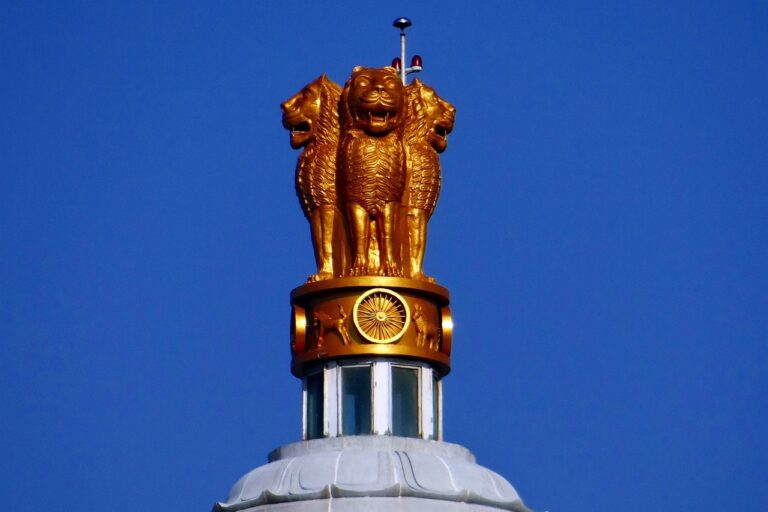Addressing Digital Literacy Gaps in Political Content Consumption: Laserbook 247 com, Lotus299 id, 11xplay reddy login
laserbook 247 com, lotus299 id, 11xplay reddy login: In today’s digital age, access to information is easier than ever before. With just a few clicks, we can browse through news articles, watch political debates, and engage with social media platforms discussing various political issues. However, not everyone has the necessary skills to navigate this vast digital landscape effectively.
Digital literacy refers to the ability to find, evaluate, and use information online. When it comes to political content consumption, digital literacy is crucial for understanding the complexities of political issues, identifying fake news, and forming informed opinions.
Unfortunately, there are significant gaps in digital literacy when it comes to political content consumption. Many people struggle to discern reliable sources from misinformation, leading to the spread of false narratives and polarized opinions. This lack of digital literacy can contribute to the erosion of trust in political institutions and hinder meaningful civic engagement.
To address these gaps, we must prioritize digital literacy education, particularly in the realm of political content consumption. Here are some strategies to improve digital literacy in the context of politics:
1. Developing Critical Thinking Skills
Encouraging individuals to question the information they come across online and to consider multiple perspectives can help them develop critical thinking skills. By teaching people how to analyze sources, evaluate evidence, and assess the credibility of information, we can empower them to make informed decisions about political content.
2. Educating on Media Bias and Fact-Checking
Teaching individuals about media bias and the importance of fact-checking can help them become more discerning consumers of political content. Providing tools and resources for verifying information can prevent the spread of misinformation and promote a more accurate understanding of political issues.
3. Promoting Civic Engagement
Encouraging active participation in political discussions and debates can help individuals become more engaged citizens. By fostering a culture of dialogue and debate, we can promote critical thinking and help people develop a deeper understanding of political issues.
4. Providing Access to Reliable Sources
Ensuring that individuals have access to reliable sources of information can help them navigate the complexities of political content consumption. By promoting trustworthy news outlets and fact-checking organizations, we can empower people to make informed decisions about the information they consume.
5. Offering Digital Literacy Workshops
Hosting workshops and training sessions on digital literacy can help individuals enhance their skills and knowledge about political content consumption. By providing hands-on training and practical tips, we can equip people with the tools they need to navigate the digital landscape effectively.
6. Collaborating with Schools and Community Organizations
Collaborating with schools and community organizations to promote digital literacy can help reach a broader audience and foster a culture of information literacy. By integrating digital literacy education into curricula and community programs, we can empower individuals of all ages to become critical consumers of political content.
In conclusion, addressing digital literacy gaps in political content consumption is crucial for promoting informed decision-making, fostering civic engagement, and combating misinformation. By prioritizing digital literacy education and providing individuals with the tools and resources they need to navigate the digital landscape effectively, we can empower people to become active participants in political discourse and contribute to a more informed and engaged society.
—
FAQs
1. What is digital literacy?
Digital literacy refers to the ability to find, evaluate, and use information online effectively. It includes skills such as navigating websites, evaluating sources, and critically analyzing information.
2. Why is digital literacy important in political content consumption?
Digital literacy is essential in political content consumption to help individuals discern reliable sources from misinformation, develop critical thinking skills, and form informed opinions about political issues.
3. How can I improve my digital literacy in politics?
You can improve your digital literacy in politics by developing critical thinking skills, educating yourself on media bias and fact-checking, promoting civic engagement, accessing reliable sources, attending digital literacy workshops, and collaborating with schools and community organizations.







